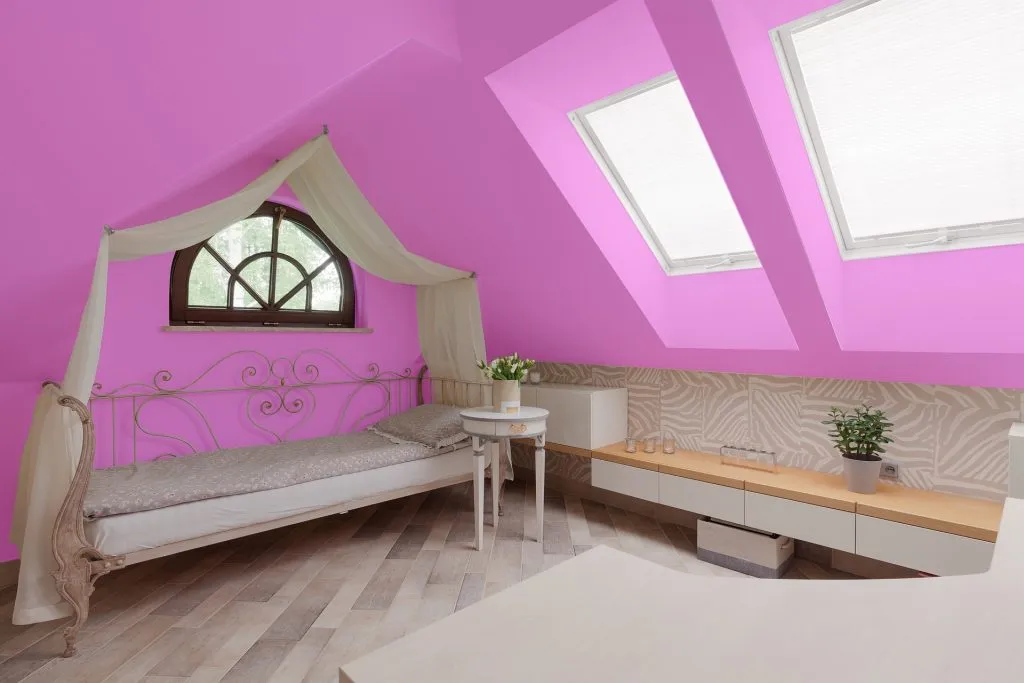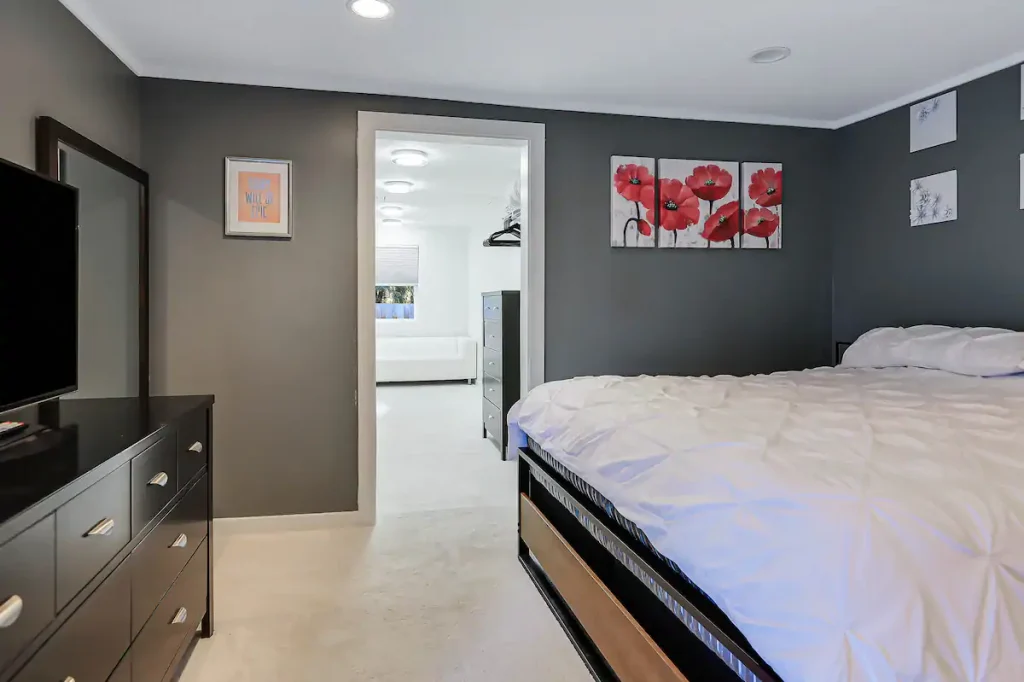Anytime I tell someone I’m a minimalist they feel the need to explain to me why they can’t be a minimalist. They tell me they can’t be a minimalist because they’re a mom or a crafter or a full-time employee.
At this point, I think there is some confusion about my desire to share about minimalism. Seriously, I’m not trying to recruit people to become minimalists.
My only desire is to help people who have already decided to become minimalists do it faster, easier, and with better results. Besides, it doesn’t hurt my feelings if you feel you can’t be a minimalist. This is not a religion or corporation it’s a lifestyle.
I share products I love with you through affiliate links, which means if you buy something through one of these links, I get a small commission at no extra cost to you.
Minimalism Meaning
Minimalism is a verb. Minimalists are actively choosing to have less so they can experience more. Items above all, serve a purpose. In general, minimalists are able to find the items they are looking for easily. You overall don’t feel overwhelmed by possessions. Minimalism promotes a healthy attachment to items. The movement promotes less stress and more calm.
Aside from my personal non-dictionary definition of minimalism, the rest of my conversations center around myths about minimalism.

Below is NOT the Meaning of Minimalism
Minimalism myths are spread by people and entities that have a lack of knowledge or a self-interest to discourage the movement.
You do not have to have empty undecorated walls and shades of only white or black in your home to be a minimalist. Minimalists don’t have a maximum number of items they are allowed to own. Anyone who tells you the minimalists have to fit everything they own into a backpack is confused.
Some minimalists choose to fit everything into a backpack. Just like some minimalists decide on an arbitrary item count, such as under 100 items to gain some perceived clout in the minimalism community. But, the overwhelming majority of minimalists have more than one fork per person, allow color into their home, and hang on to sentimental family heirlooms.
Excuses People Use
There are a multitude of reasons people use to justify why they can’t be a minimalist. All of the justifications explicitly fit into three categories.
You might say you can’t become a minimalist because of practical, financial, or emotional reasons.
Practical Justification
A practical justification for example, is saying you can’t be a minimalist because you’re a mother. You might say this because you think there is a use for each item of clutter you let live in your home.
Justifying an item by saying you might need that old sheet for a future art project or you want to keep that car seat in case a mom friend needs it. You believe items do or could serve a purpose, therefore you won’t get rid of them.

Financial Justification
A financial justification meanwhile is claiming the initial price or the lack of being able to sell the item prevents you from purging the item. You spend money you shouldn’t spend on items you don’t need and as a result there is guilt in letting the item go.
If you have ever tried to sell something for a specific price and weren’t able to get that amount of money, which in turn caused you to just hang on to the item. That’s financial justification. Likewise, if you have ever bought something really expensive that immediately broke and you decide to keep it until you can afford to get it fixed. You figure getting it fixed is cheaper than buying a new one.
Emotional Justification
The most difficult justification is emotional. You tie a memory to the item and claim you need the item to stay connected to the past. Family heirlooms, gifts from years past, and items that have stories behind them all get lumped into emotional justification.
Keeping boxes upon boxes of old children’s clothes is an example of emotional justification. You won’t forget that your child was small if you don’t hang on to their spit up stained onesie. An old hairbrush from your great aunt might feel odd to throw out but you never even met your great aunt. It isn’t disrespectful to your ancestors to not hang on to everything they ever touched.

Avoiding Minimalism
Using excuses to claim you can’t become a minimalist is holding you back. At the end of your life will it be memories or stuff you remember fondly?
The more money you spend on stuff the less money you have to spend on experiences. You say no to more events, experiences, and entertaining in your home when stuff rules your life.
There is physical stress associated with not being able to find your car keys amongst all your clutter. But you put up with the clutter and loss of time looking for things instead of solving the root problem.
It’s tricky to face your excuses. Recognizing the justifications you use and questioning the current state of your life is not easy.
Benefits of Minimalism
When you have a minimized house you are always open say yes to last minute company. Being a minimalist means you take a last minute trip to the beach instead of cleaning your house over the weekend. Spending less on stuff ensures you have more money to spring for concert tickets or hiring a personal trainer.
A weight will lift when you reduce your clutter. Stuff is overwhelming. Children form deeper relationships and better emotional regulation when they grow up in minimalist households.
Priorities and focus shifts when you begin to look around at your life with less physical possessions.
SELF PACED COURSE DESIGNED TO TAKE THE EMOTIONAL STRESS AND PROCRASTINATION OUT OF MINIMALISM

Is Minimalism a Fad?
I’m not going to pretend I can predict the future. We’ll never know if minimalism is a fad or a movement. If I were to guess, it will rise and fall in popularity based on media attention. What do you think? Is minimalism a trend?
Even if minimalism is a fad, that doesn’t deter me from jumping on board. Minimalism has changed my life. I’m less stressed, more engaged with my family, and markedly happier than before. Besides, if minimalism is a trend, it is defiantly one worth following.
Consumerism has billions of dollars in marketing spent every year to convince you that stuff will make you happy. But I think we all know that time freedom, location freedom, and financial freedom are all more important than stuff.



Leave a comment